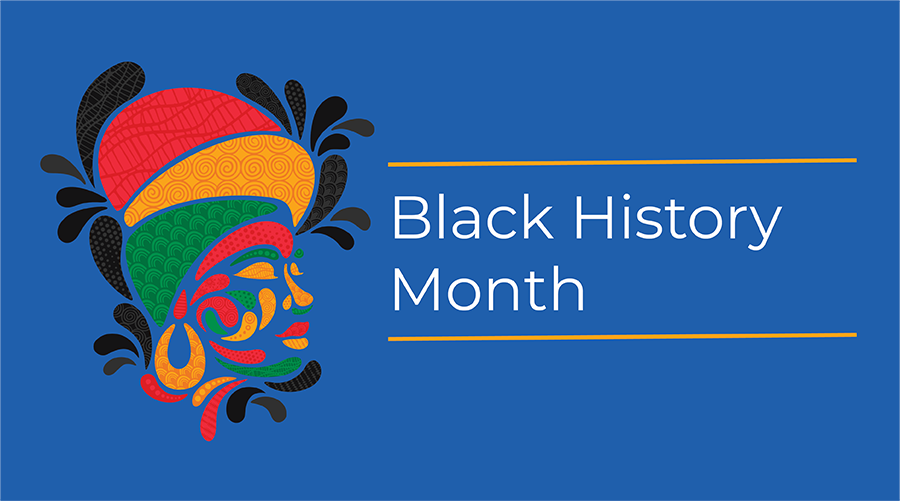
February is Black History Month!
In February, we take the time to honor the achievements and contributions of African Americans to our country. Originally founded as Negro History Week in 1926 by American Historian Carter G. Woodson, this is the time we reflect and recognize the prominent role of African Americans in U.S. history.
Starting in 1976, every U.S. President has officially designated the month of February as Black History Month. Across the nation, during the month of February, schools and communities celebrate by creating black history clubs, hosting performances and lectures.
Each year, the Association for the Study of African American Life and History, which first advocated for and established Black History Month, establishes a theme to draw attention to the month and to create a specific viewpoint through which to view African American contributions to American history during that specific year. This year's theme is "Black Health and Wellness."
To learn more about Black History Month, please visit asalh.org.
"Health and Wellness" Leaders
While the contributions of African Americans are too many to name, we thought we’d take a look at some who have positively impacted our society in recent years through the lens of this year's theme, "Health and Wellness."
- Immunologist Kizzmekia Corbett - Kizzmekia Corbett, PhD, is a research fellow and the scientific lead for the Coronavirus Vaccines & Immunopathogenesis Team at the National Institutes of Health (NIH), National Institute of Allergy and Infectious Diseases, Vaccine Research Center (VRC). Her work proved critical to developing vaccines in record times, and Corbett led the team that designed the highly effective coronavirus vaccine in collaboration with Moderna.
- Olympic Gymnast Simone Biles - Widely recognized as being the best gymnast of all time, Simone Biles made headlines again in 2020 when she made the courageous decision to withdraw from the team final competition at the Tokyo Olympics to prioritize her mental health.
- American Nursing Association President Ernest Grant - Ernest Grant, PhD, RN, FAAN, is the 36th president of the American Nurses Association, the nation's largest nurses organization which represents the interests of the nation's 4 million registered nurses. He is the first African American man to hold that role.
UMass President's Office DEIA Team to Host Book Discussions
The UMass President's Office DEIA Team will be hosting a book discussion to celebrate Black History Month. Please join us on February 18th and March 1st as we discuss Between the World and Me by Ta-Nehisi Coates. The discussions will be led by UMass Boston Professor Joseph N. Cooper. Keep an eye on your inbox for more information!
We have attached a link above in case anyone would like to purchase the book in advance of the discussion.
National Freedom Day
Major Richard Robert Wright Senior, a former slave, advocated February 1 as National Freedom Day because it was the day in 1865 that President Lincoln signed the 13th Amendment to the Constitution. This amendment, an important change to our written law, outlawed slavery in the United States.
After Wright was freed from slavery as a youth, he went on to become a successful businessman and community leader in Philadelphia, Pennsylvania. Sadly, Wright passed away one year before the day that National Freedom Day was officially recognized. President Harry Truman went on to sign the proclamation appointing February 1 as the official National Freedom Day in the United States.
Wright’s purpose holds true to this day; this holiday is celebrated to promote good feelings, harmony, and equality among all citizens and to reinforce our national values and commitment to the ideals of freedom.
